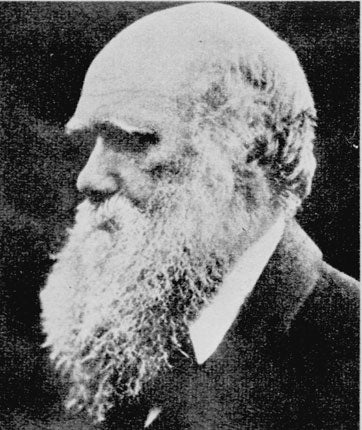The origins of Darwin's theory: It may have evolved in Tibet

Charles Darwin has been accused of many things – but never before of being a closet Tibetan Buddhist.
A leading scholar of human emotions and facial expressions has suggested Darwin's views on human compassion and morality were strikingly similar to those held by Buddhists.
Professor Paul Ekman said that his studies of Darwin's texts had revealed that the great Victorian scientist had identical views to those expressed by the Dalai Lama, a personal friend of Professor Ekman.
Darwin wrote at length on human emotions and compassion, and strongly believed in the unity of humanity as well as the commonality of emotions shared between humans and the animals we eat, Professor Ekman said.
"The words Darwin used are identical to those used by Tibetan Buddhists to describe compassion and morality," Professor Ekman said. "It is an amazing coincidence, if it is a coincidence, that his views on compassion and morality are identical to the Tibetan view. When I read to the Dalai Lama some of Darwin's passages he said, 'I will now call myself a Darwinian.'
"How did this coincidence occur? If it was contemporary, the issue of plagiarism would arise because the words are virtually the same, or exactly the same. I'm by no means accusing Darwin of plagiarism," Professor Ekman told the American Association for the Advancement of Science in Chicago.
Darwin could have learned about Tibetan Buddhism from letters written to him by his friend Joseph Hooker, who spent time in Tibet studying the local flora. The Dalai Lama was surprised to find how similar Darwin's writings on compassion and morality were to his views, said Professor Ekman, who added: "When I see you suffer, it makes me suffer and that motivates me to reduce your suffering so I can reduce my suffering. That's identical to the Tibetan Buddhist view."
Join our commenting forum
Join thought-provoking conversations, follow other Independent readers and see their replies
0Comments